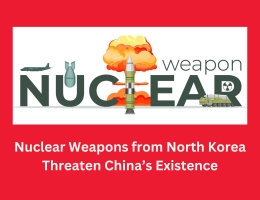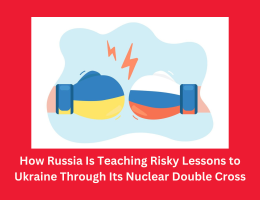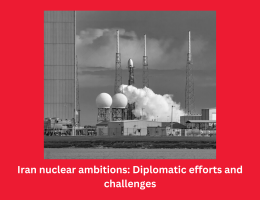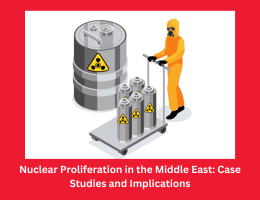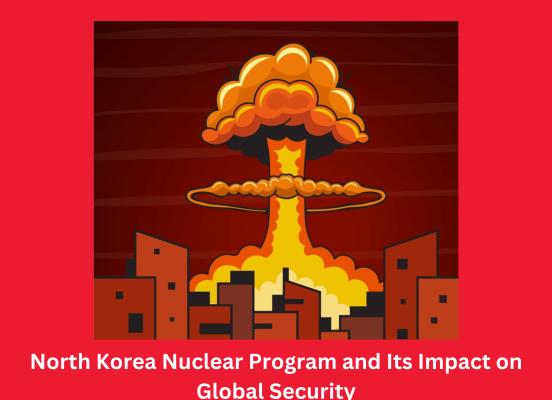
North Korea Nuclear Program and Its Impact on Global Security
- By admin --
- Saturday, 09 Mar, 2024
Introduction:
North Korea's pursuit of nuclear weapons has been a source of vast subject for the worldwide network, with profound implications for international safety. This essay examines the evolution of North Korea's nuclear software, its motivations, capabilities, and the wider implications for regional balance and global security.
Historical Context:
North Korea's nuclear goals hint returned to the aftermath of the Korean War in the early Nineteen Fifties. The regime of Kim Il-sung, accompanied via his successors Kim Jong-il and Kim Jong-un, viewed nuclear guns as a method of ensuring regime survival, deterring external threats, and improving country wide status. Despite signing the Treaty at the Non-Proliferation of Nuclear Weapons (NPT) in 1985, North Korea pursued a covert nuclear weapons software, leading to escalating tensions with america and its allies.
Escalation and Nuclear Tests:
North Korea was able to gain some momentum in its nuclear program at the end of the 20th century through hidden efforts toward building nuclear capacities. On October 9, 2006 North Korea conducted its first nuclear test, followed by subsequent tests on May 25th 2009, February 12th 2013, January 6th 2016, and September 3rd 2017. These provocative actions went against international norms and elicited condemnation from the UN Security Council that led to sanctions intended for curtailing the DPRK's nuclear ambitions.
Motivations and Strategic Calculations:
North Korea's pursuit of nuclear weapons is pushed with the aid of a aggregate of security imperatives, regime survival issues, and strategic calculations. The regime perceives nuclear weapons as critical for deterring outside aggression, specifically from the US and its allies, and safeguarding its authoritarian rule. The nuclear program also serves as a robust tool for bolstering home legitimacy and projecting strength on the global stage.
Implications for Regional Stability:
In Northeast Asia, North Korea's nuclear program affects regional stability significantly due to increased tensions and worsened protection dilemmas. The risk of miscalculation and escalation in warfare is especially high because of the antagonistic actions of the regime such as missile tests and aggressive talk. This has made other countries like South Korea as well as Japan worry about having a country that is nuclear armed.
International Responses and Diplomatic Efforts:
Attempting to eliminate the North Korean nuclear threat, the international community has sought to blend diplomatic efforts, sanctions and multilateral collaboration. Firms to denuclearize Pyongyang have involved bilateral tasks and UN resolutions, as well as talks by six parties including China, Japan, Russia, South Korea, the USA. However, progress has been restricted by using North Korea's reluctance to relinquish its nuclear arsenal and the failure to reach a comprehensive agreement on denuclearization.
Global Security Implications:
Worldwide security faces significant threats due to North Korea’s nuclear program. This problem is more serious because of regions where it causes instability and makes nonproliferative regulations appear weak. A regional arms race could result from the possibility of North Korea’s nuclearization and have adverse implications for global security with respect to possible destabilizing actions like the production of nuclear arms or smuggling weapons by means of illegal networks. In addition, the government which also likes to develop nuclear weapons together with participating unlawful activities such as drug trafficking as well Terrorism and human trafficking on computer network systems.
Conclusion:
"North Korea's atomic program is a serious threat to global security, whose consequences touch upon local stability and world peace. The regime’s un-ending search for atomic weaponry together with its provocative behaviors and disdain for international standards points to the immediate necessity of a combined diplomatic action in managing the North Korea’s nuclear threat. Conducting positive talk, would include maintaining the principles of non-proliferation.”

